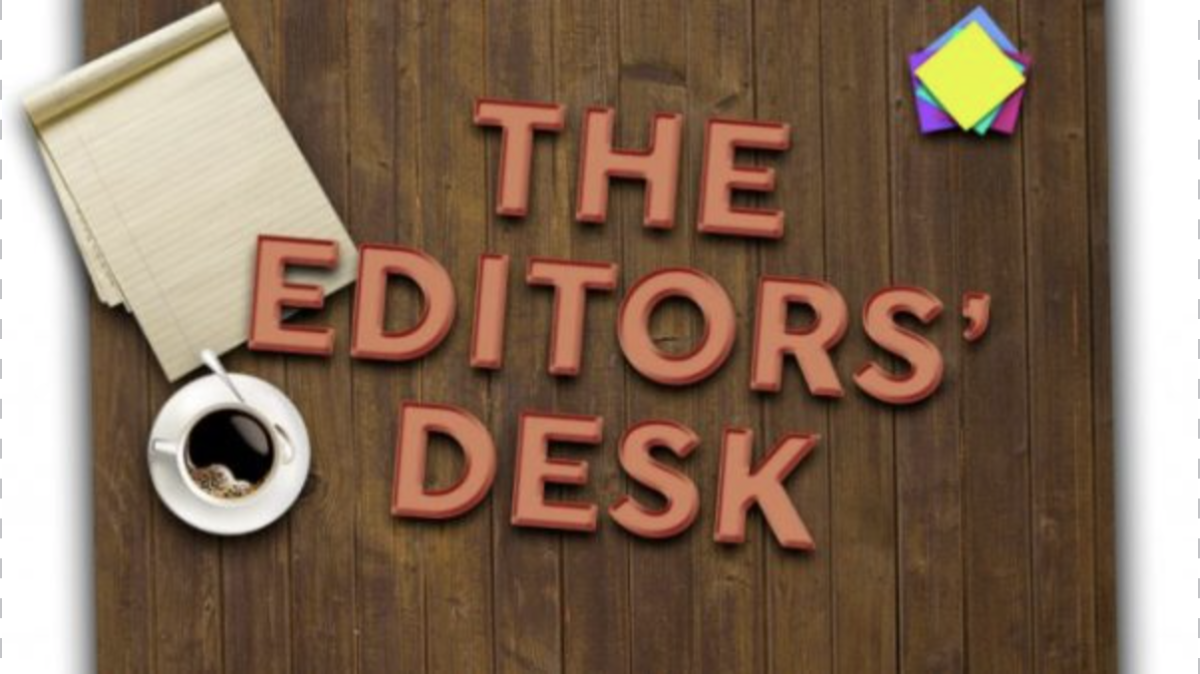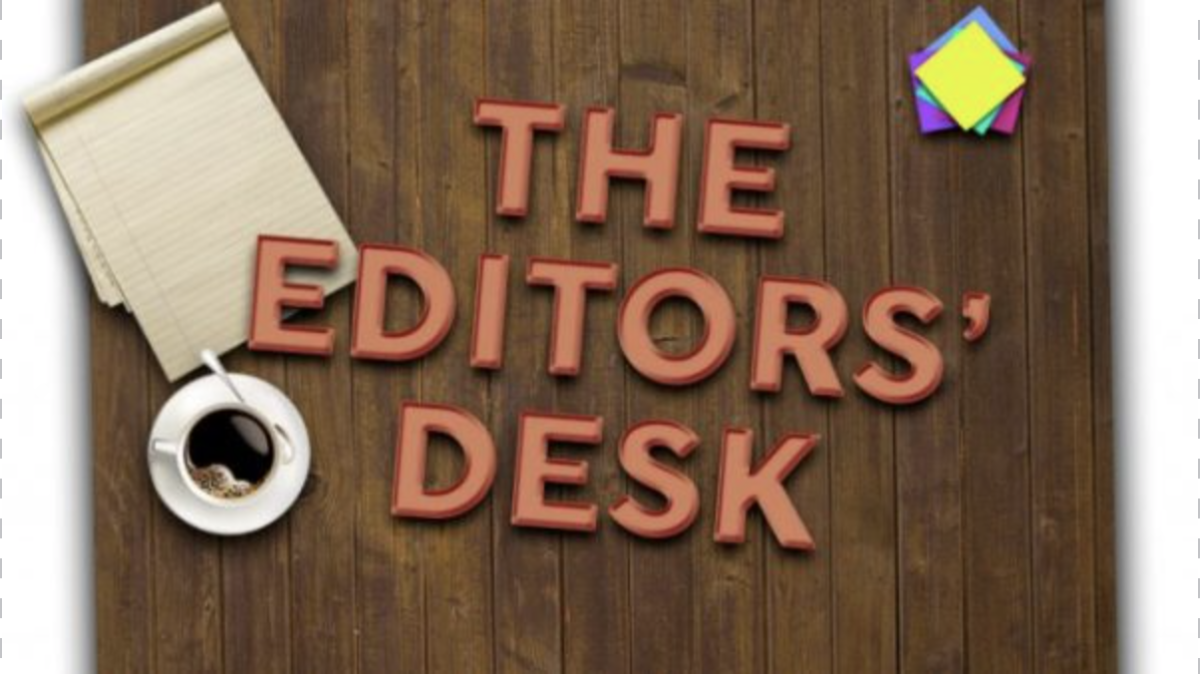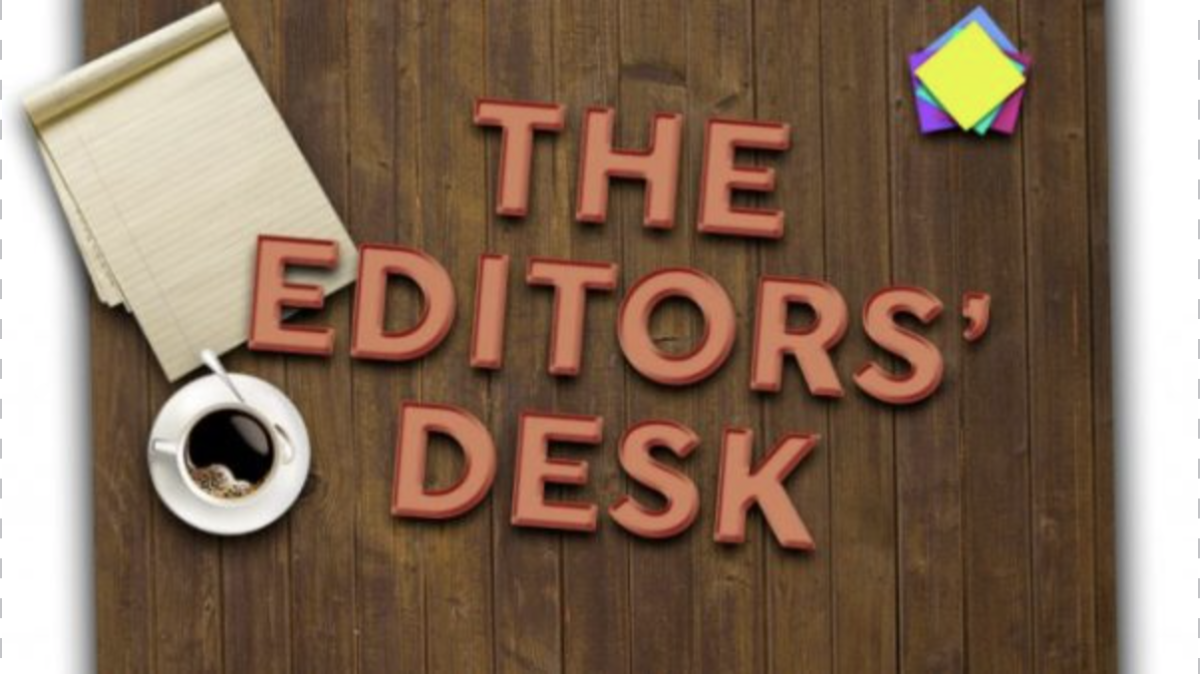Where do you get your news? Is it from Twitter? A daily newsletter? Maybe the radio or a podcast?
You probably don’t think much about it because you don’t have to. News comes in many forms; we’re beyond the world of just print journalism.
We’re extremely lucky when it comes to accessing information. All Trinity community members have access to the internet while on campus. The library funds an online subscription to the New York Times, and Student Government Association funds the print version. And if you don’t keep up much with media, you probably have a friend who talks to you about it or a professor who incorporates news into their classes.
We have subscriptions to seemingly endless databases, we have forums across campus, we are kept up-to-date most of the time. As 21st-century inhabitants of a large city in the United States who are receiving higher education at a prestigious private university, we’ve got it good.
The world of news media is ever-changing. In 1990, the U.S. circulated more than 60 millions newspapers daily; the Pew Research Center estimates that number is now 50 percent of what it was. Roughly six of every 10 Americans get their news digitally, according to a study Pew did in July of 2019.
News is more accessible than ever — at the tips of our fingers, even — yet more people are skeptical of it. Although much of that research connects distrust to political party affiliation, that’s not the only thing that shows a disconnect with news media. In 2019, Pew reported that just over a quarter of 18- to 29-year-olds feel loyal to their news source (that’s us).
Thirty-three percent of people with at least a college degree, 17 percent of those with some college education and 15 percent with a high school degree or less trust news sources.
Maybe that’s because outlets like TMZ report without confirmation. No one’s saying TMZ is a reputable news organization, but their lack of integrity damages the reputation of other publications.
And it’s not just organizations like TMZ. Misinformation is everywhere: Facebook, Twitter, YouTube.
News is more accessible than ever, yet some stories go unnoticed. Our Arts editor Austin noted that, during the chaos of the Iowa Caucuses this earlier this week, he had heard nothing of how President Trump added six countries to his travel ban last Friday.
But just because news is more present nowadays, doesn’t mean all of it’s done well. Our role as consumers of news (in every form) should be to recognize when it’s done poorly. Be skeptical. Question a publication’s credibility and question their editorial decisions. Just because media outlets are trying to keep up with the times doesn’t mean they should disregard the duty to inform responsibly.






